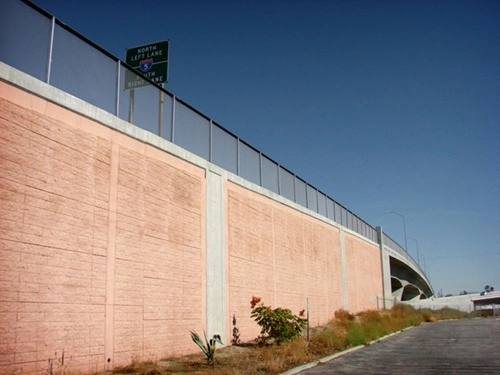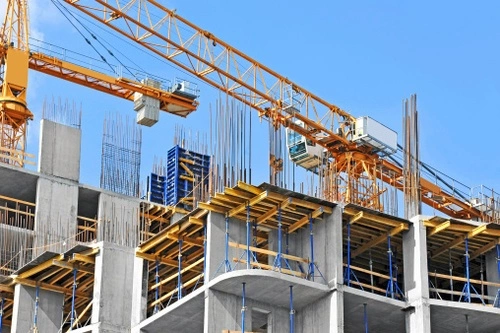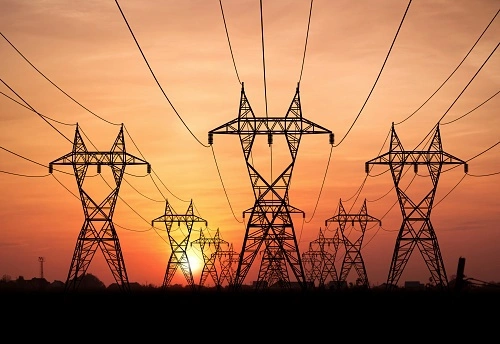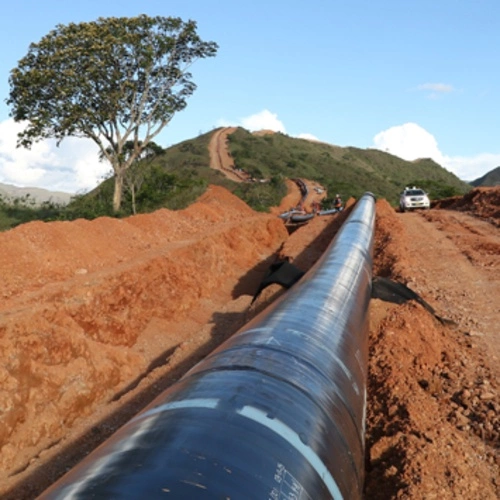We routinely get calls from owners facing impacts to their property or business as a result of construction of a public project or changes in adjacent public streets. For example, the city or county may close a road, create a cul-de-sac, turn a two-way street into a one-way street, close a driveway, relocate an off-ramp, or change a road’s elevation. When there is no physical taking of property, do these public improvements trigger a taking entitling an owner to compensation? It is a tricky, heavily fact-intensive inquiry, but generally, the analysis centers around whether the ...
In response to the COVID-19 pandemic a number of local jurisdictions throughout the country adopted ordinances freezing rents and prohibiting or limiting evictions. Not surprisingly, some landlords were not particularly pleased with these enactments, as they saw their properties occupied without the associated rental stream and still all the related carrying costs. In response, lawsuits were filed in federal and state court alleging that these enactments violated the federal and state constitution, including the takings clause. However, so far these arguments don’t ...
After adopting a resolution of necessity and initiating eminent domain proceedings to acquire private property, public agencies are usually in a rush to move forward with the proposed public project. But every once in a while, those projects get delayed or postponed. A recent court of appeal decision, Rutgard v. City of Los Angeles (2020) Cal.App. LEXIS 709, serves as an important reminder for public agencies that they must put the property to public use within 10 years or otherwise timely adopt a new resolution of necessity. Absent doing so, the public agency has an obligation to offer ...
It is Christmas in July for eminent domain practitioners! We have a California Supreme Court opinion on a condemnation case, which is rare. The case, Weiss v. People ex rel. Department of Transportation (2020 Cal. LEXIS 4357), is an inverse condemnation action where the main question is this: Can you make a Code of Civil Procedure Section 1260.040 motion, also known as a Legal Issues Motion, in an inverse condemnation action? According to the Supreme Court, the answer is no, these motions are meant to address valuation issues in eminent domain actions -- not determine liability in an ...
During Nossaman's recent webinar concerning Transit & Transportation Project Success in the Wake of the Pandemic, I addressed Temporary Construction Easement (TCE) issues. For a re-cap of my presentation on this topic please click here.
Additionally, to view our entire webinar "A Path to Transit & Transportation Project Success in the Wake of the Pandemic: A Panel Discussion Among Legal Professionals," please click here to access the full on-demand recording.
We continue to monitor developments related to COVID-19 and are available to respond to questions and discuss issues ...
On June 30, 2020, Governor Newsom signed Senate Bill 350 (“SB 350”), which is intended to serve as a backstop for customers as Pacific Gas and Electric Company (“PG&E”) completes its restructuring process and begins implementing the reorganization plan recently confirmed by the United States Bankruptcy Court. The bill, named the Golden State Energy Act, gives the State authority to take certain actions if PG&E does not comply with the terms of its reorganization plan.
SB 350 establishes a new entity named Golden State Energy (“GSE”) to serve as a nonprofit public ...
As you may recall, it wasn’t too long after Governor Newsom issued his executive order mandating the closure of certain businesses in California that the first takings lawsuit was filed. (See our coverage of Gondola Adventures, Inc. v. Gavin Newsom, U.S.D.C. Case No. 2:20-cv-03789 here.) That lawsuit alleged that the response by the state and county agencies to the COVID-19 situation violated the state and federal constitutions, and resulted in a partial or complete taking in violation of the Fifth Amendment to the U.S. Constitution. Notably, the case was voluntarily dismissed ...
Our presentation on "Inverse Condemnation Exposure and Management for the Energy Industry" will be available for viewing during the 2020 American Association of Professional Landmen's (AAPL) Annual Meeting. Due to the COVID-19 pandemic, this event will be held virtually and presentations will be prerecorded and available to view on demand after the scheduled live run time on June 18th. Registration is required, but access will be available as a complimentary benefit for all AAPL members.
The 2020 event still promises to be a professional development and land conference ...
For those of you involved in the transportation sector, we invite you to join us on Wednesday, June 3rd for a discussion on planning, procurement and financing strategies that can be implemented now to support timely project delivery in the wake of the COVID-19 pandemic. We are planning a very interactive webinar where ample time will be set aside to answer questions received from attendees both prior to and during the event.
Topics that will be covered include:
- How to prepare now to efficiently and effectively move projects forward
- Procurement and contracting strategies that enable ...
Since the U.S. Supreme Court’s decision in Knick v. Township of Scott (2019) 139 S.Ct. 2162 eliminated the requirement for a plaintiff to exhaust state court remedies before pursuing a takings challenge in federal court, there has been a significant uptick in federal lawsuits alleging a Fifth Amendment takings claim. For example, as we recently reported, a federal lawsuit was filed earlier this month alleging that the response by California agencies to the COVID-19 situation violated the state and federal Constitutions, and resulted in a partial or complete taking in violation ...
Eminent Domain Report is a one-stop resource for everything new and noteworthy in eminent domain. We cover all aspects of eminent domain, including condemnation, inverse condemnation and regulatory takings. We also keep track of current cases, project announcements, budget issues, legislative reform efforts and report on all major eminent domain conferences and seminars in the United States.
Stay Connected
 RSS Feed
RSS Feed
Categories
- Administration
- Appraisal
- California
- CLIMATE CHANGE
- CONGRESS
- Construction
- Court Decisions
- EPA
- Events
- Goodwill
- GOVERNMENT ADMINISTRATION
- Inverse Condemnation & Regulatory Takings
- Lawsuit
- New Legislation
- Possession
- Projects
- Public Agency Law
- Publications
- Redevelopment
- Regulatory Reform and Proposed Rules
- Right to Take
- Right-of-Way
- Seminars
- Speaking Engagements and Presentations
- trial
- Valuation
- Videos
- Water









